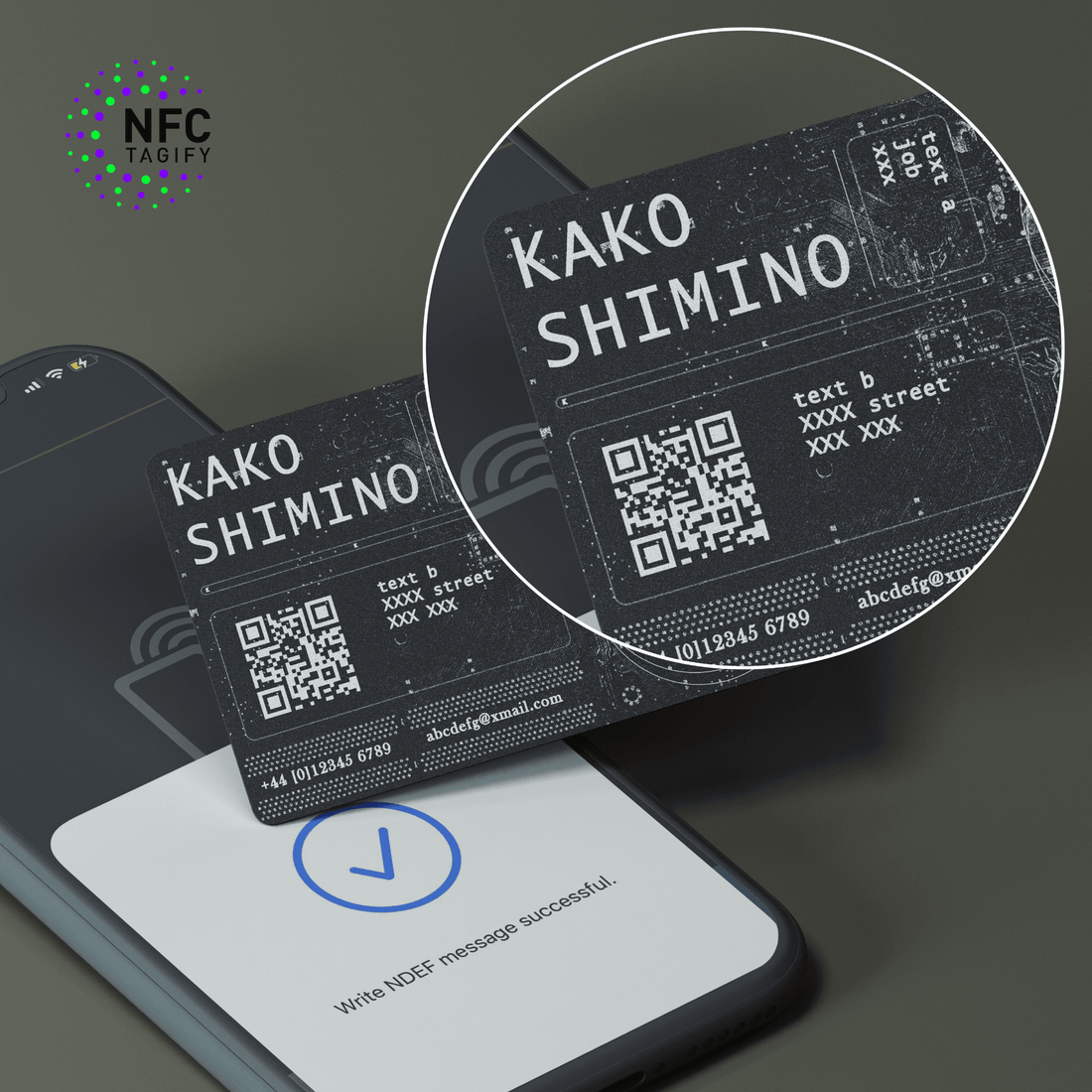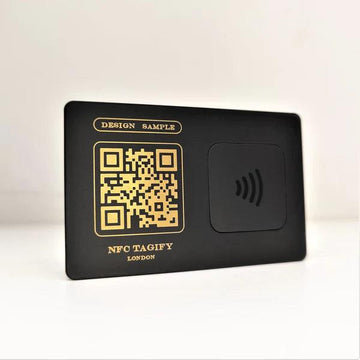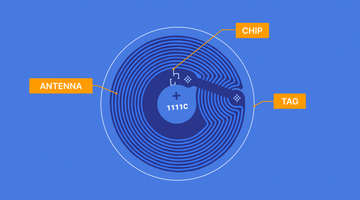The Impact of Digital Business Cards on ROI

Contents
In a world increasingly transitioning towards digital solutions, businesses are exploring innovative tools for efficient networking and brand promotion. Among these tools, Digital Business Cards have emerged as a modern, eco-friendly alternative to traditional paper cards. They are not only a reflection of a brand's professionalism but are also cost-effective and offer an array of features enhancing business operations. This article delves into the various facets of Digital Business Cards and their impact on Return on Investment (ROI), making a case for their adoption in contemporary business practices.

Measuring ROI of Digital Business Cards: Return on Investment (ROI) is a crucial metric that helps businesses evaluate the profitability and effectiveness of their investments. The formula for ROI is given by: ROI = (Net Income / Cost of Investment) x 100. A positive ROI indicates profitability, while a negative value suggests a loss. When it comes to Digital Business Cards, assessing ROI involves considering both the costs incurred and the income generated through their utilization.
Cost Factors: The initial investment in digital business cards includes the cost of creation. However, unlike traditional cards, there's no recurring cost for printing, designing, and distribution. Additionally, the cost-efficiency extends to scenarios like trade fairs and networking events, where traditionally, additional expenses like entry fees or advertising costs are incurred before a business card reaches its recipient.
Income Generation: The effectiveness of Digital Business Cards lies in their ability to facilitate business transactions, thereby generating income. Features such as easy sharing, real-time analytics, and dynamic content enhance sales effectiveness, brand consistency, and event outreach. The value derived from clients acquired through digital networking is a significant component of the ROI. Moreover, the ease of tracking interactions with digital cards simplifies the ROI calculation, unlike traditional cards.

Impactful Features:
-
Unlimited Card Sharing: Digital Business Cards, especially those enabled with NFC technology, allow for unlimited sharing, thus broadening the spectrum of potential clients without incurring additional costs.
-
Better Lead Generation: Statistics indicate a significant increase in reciprocal sharing of contact information with digital cards. The engagement rate is markedly higher, with 35% of recipients sharing their contact details in return, as opposed to a meager 5% with traditional cards.
-
Real-Time Analytics: Digital cards provide actionable insights through real-time analytics, aiding in better decision-making and strategy formulation to improve ROI.
-
Customization: The ability to dynamically update and customise digital business cards to reflect current offerings or brand messaging is a unique feature that enhances engagement and potential income generation.
-
Eco-Friendly Appeal: The eco-friendliness of digital cards resonates with modern consumers valuing sustainability, thereby potentially increasing business inquiries and transactions.
Transitioning to Digital Business Cards is a prudent step towards not only reducing initial investment but also enhancing sales and brand recognition. The features intrinsic to digital cards significantly contribute to a positive ROI, making them a worthy asset in a business's digital toolkit. Companies like NFC Tagify, being a leading supplier of NFC solutions in the UK, facilitate effective contactless communication through their customizable products. Opting for NFC Digital Business Cards is an investment in a future-ready business networking solution that promises a commendable ROI. Contact NFC Tagify today for a free sample and take the first step towards a digitally empowered business networking experience.









